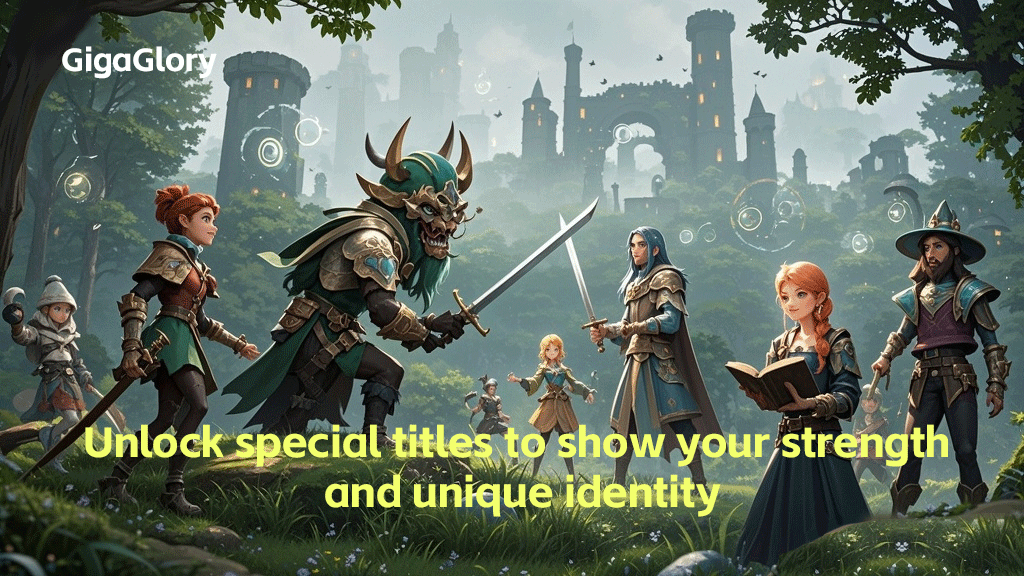Unlocking New Realities: How Strategy and Simulation Games Shape Modern Gaming Experiences
The Evolution of Strategy Games
Strategy games, once limited to a few classic titles on bulky computers, have evolved significantly over the years. Today, they span multiple platforms, including consoles and mobile devices, making them accessible to a broader audience. As technology advances, so too do the mechanics and storytelling elements of these games. Games like A10 Puzzle Games and Snail Bob show this evolution, offering engaging experiences that captivate players’ minds.
What Makes Simulation Games Unique?
Simulation games provide immersive experiences that replicate real-world scenarios. Unlike traditional strategy games, which focus on tactics and resource management, simulations allow players to evolve in their gameplay. Titles such as Fantasy Story craft narratives that encourage exploration while challenging decision-making skills. Players can build worlds and manipulate variables, all while gaining insights that mirror real life. For example, running a virtual farm or managing a city gives players a taste of what it takes to lead in the real world.
Key Features of Simulation Games
- Realism: High-fidelity graphics and physics engines enhance realism.
- Complex Decision-Making: Players often face dilemmas that require deep thought.
- Creativity: Crafting unique strategies to build worlds entirely from scratch.
The Intersection of Strategy and Simulation: A New Gaming Frontier
The blend of strategy and simulation has birthed unique sub-genres. These games challenge players to think several steps ahead while immersing them in a detailed environment. Take, for instance, a game set in a fictional universe where players not only command armies but also manage resources, negotiate treaties, and build alliances. Such depth is transforming how gamers perceive their interactions with virtual worlds.
Example Table: Popular Strategy-Simulation Games
| Game Title | Platform | Release Year | Core Mechanics |
|---|---|---|---|
| Age of Empires IV | PC | 2021 | Resource management, Combat strategy |
| SimCity | PC/Switch | 2013 | City-building, Economic management |
| Planet Coaster | PC/Xbox/PS | 2016 | Rollercoaster creation, Park management |
Gaming as a Social Experience
Strategy and simulation games foster communication, teamwork, and camaraderie among players. Multiplayer modes allow friends to collaborate, compete, or share strategies. This aspect enhances the overall experience, as gamers can learn from one another and develop friendships that transcend the virtual realm. Forums and social media groups further facilitate this community-building, amplifying the excitement surrounding newly released titles.
Engagement Beyond the Game
Cheerfully, many players gather in online communities to share tips, strategies, and even personal experiences related to their favorite titles. Here are some examples of how communities enhance gameplay:
- Forums: Users exchange strategies for tackling challenging levels.
- YouTube Channels: Gamers showcase gameplay and share tips to attract viewers.
- Streaming platforms: Live gaming sessions encourage real-time interaction with fans.
Trends in Game Development
As we move deeper into the digital age, several trends in strategy and simulation games are becoming evident:
- Increased Focus on Storytelling: Developers are leveraging narrative to enhance immersive gameplay.
- Cross-Platform Play: Players can engage with friends regardless of the device, enriching the player base.
- Integration of AI: Advanced AI contributes to dynamically adjusting challenges based on players' skill levels.
Conclusion
In conclusion, the landscape of modern gaming is being reshaped by the fusion of strategy and simulation games. With rich storytelling, engaging mechanics, and opportunities for social interaction, these games attract a diverse audience. They develop critical thinking, foster community, and push the boundaries of the gaming genre. As technology continues to evolve, the future of strategy and simulation gaming promises to be even more exciting and immersive. Gamers worldwide can eagerly anticipate new titles that unlock realities yet to be explored.
Frequently Asked Questions (FAQs)
- What is the difference between strategy and simulation games?
- Strategy games focus more on tactical gameplay, while simulation games replicate real-life scenarios, providing immersive experiences.
- How do strategy games improve decision-making skills?
- These games often present players with complex choices that require critical thinking and foresight.
- Can simulation games help in real-life scenarios?
- Absolutely! Many simulation games provide insights into real-world skills, such as resource management and problem-solving.


